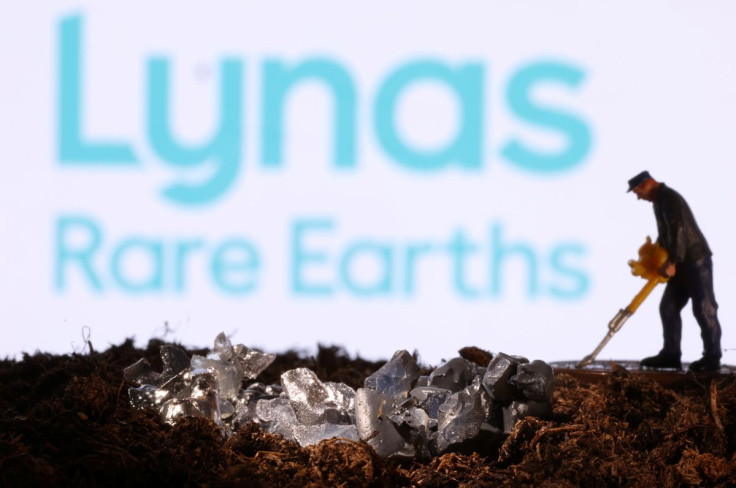Australia's Lynas Gets $120 Million Pentagon Contract For U.S. Rare Earths Project

Australia's Lynas Rare Earths has signed a $120 million follow-on contract with the U.S. Department of Defense to build a commercial heavy rare earths separation facility in Texas, the firm said on Tuesday.
Lynas is the world's largest processor of rare earths outside China, and the contract with its U.S. subsidiary builds on 'Phase 1' funding for a facility announced in July 2020.
The project, for which the Pentagon provided initial funding, is expected to be built in an industrial area on the Texas Gulf Coast and be operational in financial year 2025, the company said.
Lynas intends to combine the heavy rare earth separation plant with a light rare earth separation facility, which is half-funded by the Defense Production Act office of the U.S. Department of Defense.
The plant would be the first outside China that is able to separate heavy rare earths, Chief Executive Amanda Lacaze told Reuters in an interview.
"And that's why this is such an important step," she said after Tuesday's news.
Lynas mines rare earths in Western Australia and ships the material to Malaysia in southeast Asia, where it produces rare earth oxides.
The company's goal to boost output by 50% by 2025 would not be sufficient to meet rising demand, Lacaze said, however.
"The rapid growth in the market, particularly over the last 12 months, tells us that we need to accelerate that plan," she said of the target the company set itself in 2019.
After supplies were disrupted by the COVID-19 pandemic, interest from Western nations, Japan, the European Union and others has grown as they recognised the risk of relying on China as their sole source of supplies.
"The issue here is not whether it's Chinese or non-Chinese ... it's simply that a singular supply chain is problematic, particularly in an area where you've got rapid growth and you've got a material which is critical for success," Lacaze said.
"We are certainly highly engaged with governments who are concerned about supply chain security, and we'll continue to do so."
© Copyright Thomson Reuters 2024. All rights reserved.







